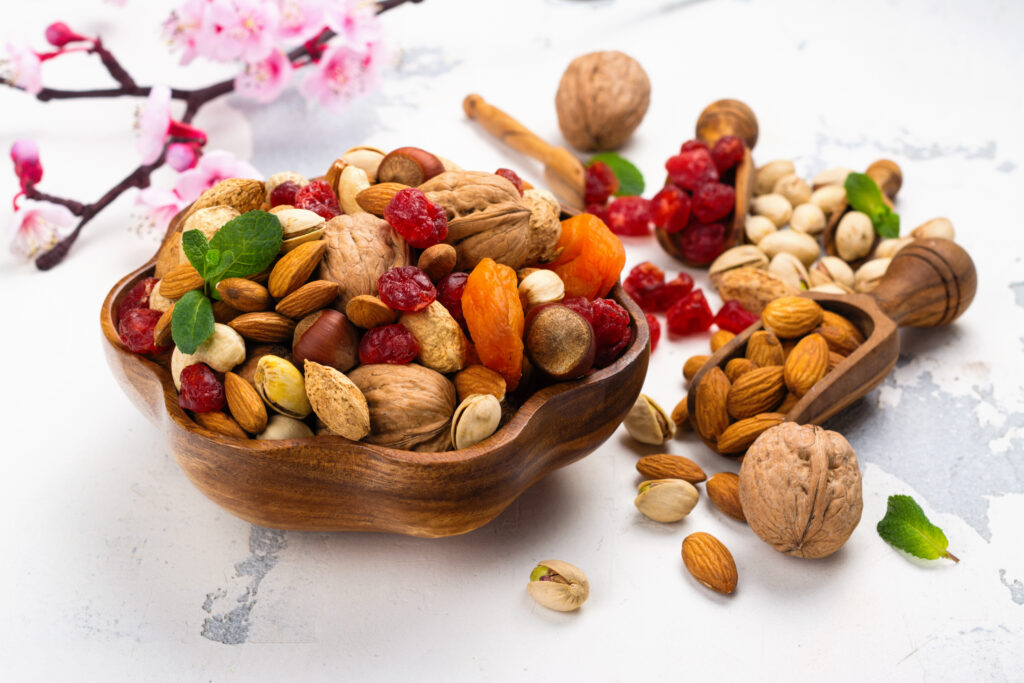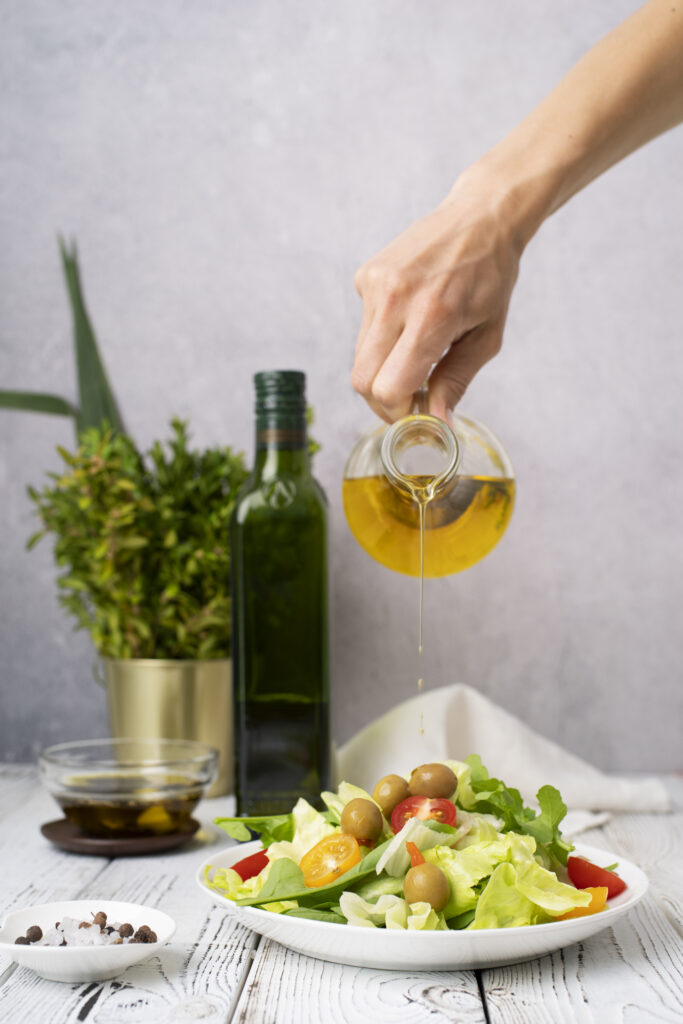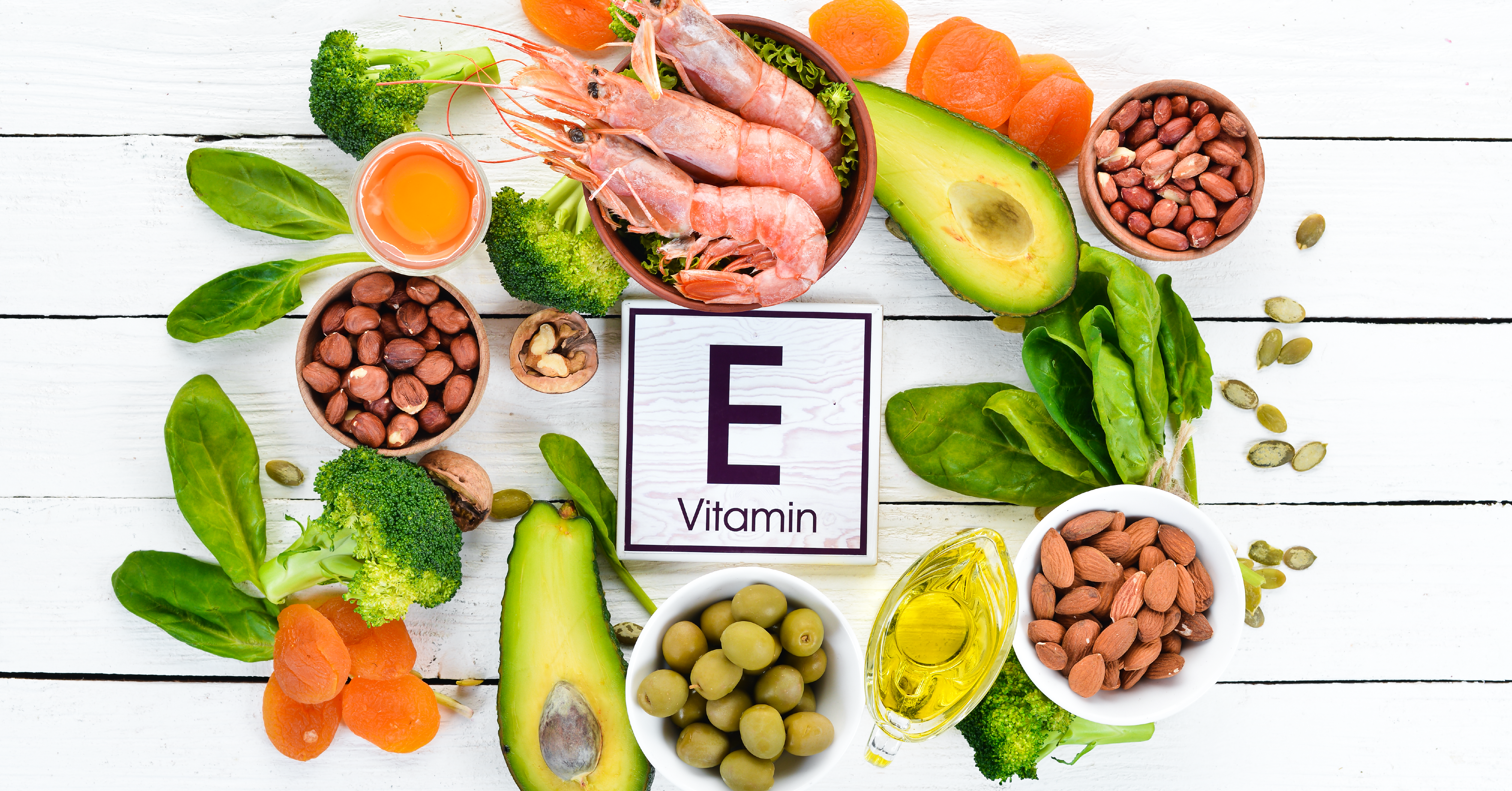Introduction
In the pursuit of a healthier lifestyle, we often come across the term “Vitamin E” touted as an essential nutrient for our well-being. But what exactly is Vitamin E, and why is it so crucial for our health? In this comprehensive guide, we’ll delve into the world of Vitamin E, exploring its benefits, sources, and how you can ensure you’re getting enough of this vital nutrient.
Understanding Vitamin E
Vitamin E is a fat-soluble antioxidant that plays a crucial role in protecting our cells from damage caused by free radicals. Free radicals are unstable molecules produced as a result of normal bodily processes and exposure to environmental factors like pollution and UV rays. These molecules can wreak havoc on our cells, contributing to aging and various diseases.
There are eight different forms of Vitamin E, with the most commonly known being alpha-tocopherol. Each form has unique properties, but alpha-tocopherol is the most biologically active and is the form most commonly found in supplements and fortified foods.
Health Benefits of Vitamin E

- Powerful Antioxidant Protection: Vitamin E’s primary role is to neutralize free radicals and protect our cells from oxidative stress. This, in turn, helps prevent chronic diseases, such as heart disease and certain types of cancer.
- Skin Health: Vitamin E is often hailed for its skin benefits. It promotes healthy skin by protecting it from the damaging effects of the sun and promoting skin healing. Many skincare products incorporate Vitamin E for its moisturizing and anti-aging properties.
- Immune System Support: Vitamin E enhances the immune system’s function, helping the body fend off infections and illnesses. It is particularly important for the elderly, as it may improve immune response in aging individuals.
- Eye Health: The antioxidant properties of Vitamin E extend to eye health. It has been associated with a reduced risk of age-related macular degeneration and cataracts, two common eye conditions.
- Heart Health: Vitamin E contributes to cardiovascular health by preventing the oxidation of LDL cholesterol, which is a crucial step in the development of heart disease. It also helps maintain healthy blood vessels.
Sources of Vitamin E

Ensuring an adequate intake of Vitamin E is essential for reaping its benefits. Here are some excellent sources:
- Nuts and Seeds: Almonds, sunflower seeds, and hazelnuts are rich in Vitamin E. Snacking on a handful of these can be a tasty way to boost your intake.
- Vegetable Oils: Sunflower oil, wheat germ oil, and olive oil are excellent sources of Vitamin E. Using these oils in your cooking can contribute to your daily intake.
- Green Leafy Vegetables: Spinach, Swiss chard, and kale are not only rich in vitamins and minerals but also provide a good dose of Vitamin E.
- Fruits: Some fruits, such as kiwi, mango, and avocado, contain Vitamin E. Including a variety of fruits in your diet ensures a diverse range of nutrients.
- Fortified Foods: Many food products, such as cereals and margarine, are fortified with Vitamin E. Checking food labels can help you identify fortified options.
Supplements: A Word of Caution
While it’s ideal to obtain nutrients from a well-balanced diet, some individuals may consider supplements. However, it’s crucial to approach supplementation with caution. Excessive intake of Vitamin E from supplements can lead to adverse effects. Always consult with a healthcare professional before starting any supplement regimen.
Conclusion
In conclusion, Vitamin E is a powerhouse nutrient with a multitude of health benefits. From its antioxidant properties to its role in skin and heart health, ensuring an adequate intake of Vitamin E is a proactive step towards overall well-being. By incorporating Vitamin E-rich foods into your diet and maintaining a healthy lifestyle, you can harness the potential of this essential nutrient to support your body in its journey to optimal health.
Remember, the key to a vibrant and healthy life lies in a balanced approach to nutrition, and Vitamin E is undoubtedly a valuable ally in that quest


